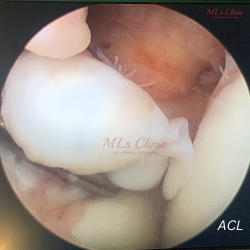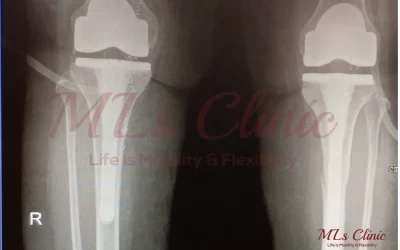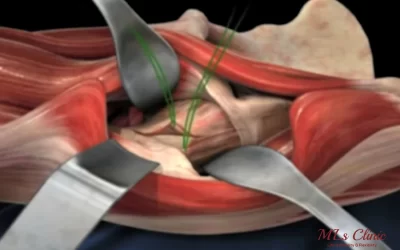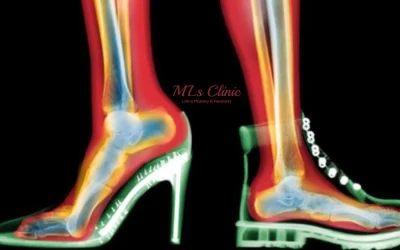Why Are ACL and Meniscus Injuries Common in Basketball & Football?
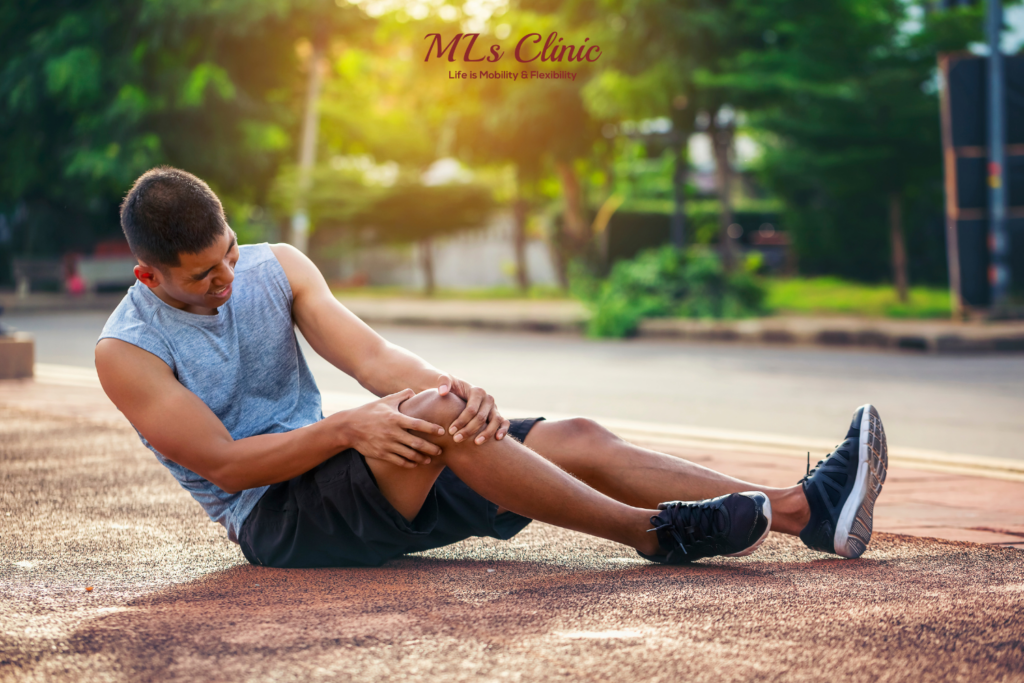
When we watch high-intensity sports like football, basketball, or ice hockey, we admire our favorite players for their agility, speed, and performance. But do we truly understand the physical demands these sports place on their knees? As Indore’s leading orthopedic surgeon, Dr. Preetesh Choudhary, explains, injuries like ACL tears and meniscus injuries are serious and can even end a player’s career if not treated properly
What is an ACL?
The Anterior Cruciate Ligament (ACL) is one of the key ligaments in the knee that connects the thigh bone to the shinbone. It stabilizes the knee during activities like running, jumping, and sudden direction changes. ACL injuries are particularly common in sports like football, basketball, and soccer due to the rapid movements involved.
What is a Meniscus?
The meniscus is a C-shaped cartilage in the knee that acts as a shock absorber. Each knee has two menisci:
- Lateral Meniscus: Located on the outer side of the knee.
- Medial Meniscus: Found on the inner side of the knee.
These cartilages cushion and stabilize the knee during high-impact activities.
Why Do Fast-Paced Sports Increase ACL & Meniscus Injury Risks?
- Sudden Twists and Turns
Sports involving rapid changes in direction or jumping can cause forceful twisting of the knee, leading to injuries. A popping sound in the knee is often a sign of an ACL tear. - Genetic Factors
Weak ligaments due to genetic predisposition or poor knee alignment can make certain individuals more susceptible to injuries. - Overuse
Athletes who do not allow their knees adequate rest are at a higher risk of degeneration or overuse injuries, especially in the ACL. - Landing Technique
Improper landing after a jump can strain the knee ligaments, increasing the risk of a tear. - Physical Contact
Sports like football and basketball involve frequent tackles and collisions, which can twist or injure the knee. - Uneven Playing Surfaces
In countries like India, players often train on hard courts or uneven grounds, which increases the likelihood of knee injuries. - Inappropriate Footwear
Wearing the wrong footwear without proper grip or support can cause slips or twists, leading to serious knee injuries.
What Happens If an Athlete Tries to Play Without an ACL or Meniscus?
While a normal individual might manage daily life without an ACL or meniscus, an athlete cannot perform high-impact activities without proper treatment. Sports like football and basketball demand rapid movement, which is impossible with an untreated ligament injury. Returning to the field without recovery can worsen the damage and impact long-term performance.
What Are the Grades of ACL Tears and Their Treatment?
- Grade 1 Tear
- Description: Mild stretching of the ligament fibers.
- Recovery Time: 4–6 weeks.
- Treatment: Ice therapy, physical therapy, and gradual return to sports.
- Grade 2 Tear
- Description: Partial ligament tear.
- Recovery Time: 6–8 weeks.
- Treatment: Physical therapy, cold therapy, bracing, and supervised exercise.
- Grade 3 Tear
- Description: Complete rupture of the ligament.
- Recovery Time: 9 months post-surgery.
- Treatment: Surgical repair followed by rehabilitation.
How to Prevent ACL and Meniscus Injuries
- Warm Up Properly: Before starting any game, ensure a proper warm-up.
- Strengthen Your Knees: Regular knee-strengthening exercises can help stabilize the ligaments.
- Use Proper Gear: Wear appropriate footwear and protective braces if needed.
- Rest and Recover: Avoid overusing your knee to prevent degeneration.
- Seek Expert Guidance: If you experience knee pain or injury, consult
Dr. Preetesh Choudhary, the best orthopedic surgeon in Indore, for accurate diagnosis and treatment.
Conclusion
Sports like basketball and football often demand physical contact, rapid movements, and high-impact actions, making players prone to ACL Reconstruction and meniscus injuries. Proper strengthening, warm-up, rest, and recovery can significantly reduce the risk of such injuries. Protect your knees, and consult Dr. Preetesh Choudhary for expert care and guidance in treating and preventing knee injuries.
